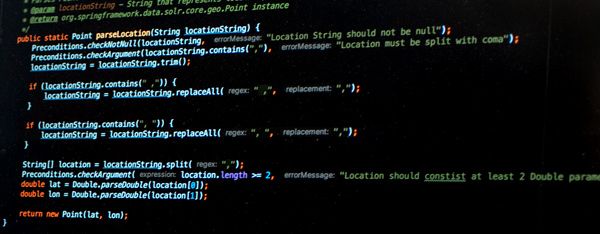Project CLARE
Benefits
- Clarify the vision for more effective and efficient health care communications
- Improve care coordination workflows
- Support the shift to value-based care
- Enable outcome management and practice improvement
- Collect patient reported outcomes


CLARE is a cross-community collaboration project focused on clarifying the vision for improved care coordination and creating a learning health system. CLARE is developing detailed examples that demonstrate how implementers can use standards-based communications to enable more efficient and effective information exchange for all care team members while empowering patients to actively participate in their care.
CLARE provides high-quality, synthetic patient data in the context of a specific healthcare use case depicting a valuable new information exchange capability positioned to improve health outcomes while lowering the cost of care, reducing physician burden, and improving patients' experience of care.
Co-creators Lisa Nelson, James Grue, Dennis Ball, and Dr. Dennis Matthews explain, "It's about clarifying the vision and at the same time clarifying the information content at the core of the use case."
CLARE uses a use case documentation methodology that produces meaningful, realistic patient data without the cost, privacy, and security restrictions of production data. The methodology was developed with the goal of accelerating development and testing on new information communication capabilities needed to coordinate care across patient care teams and incorporate the power of outcomes-based feedback to fuel improvement in the delivery of care.
| Use Case and Patient Story |
Project overview documentation includes a complete patient story and business use case explaining how more effective communications improve patient and provider experience and care outcomes while decreasing the cost of care and reducing racial disparities. |
| Sample Longitudinal Data Visualization |
Sample C-CDA information exchange documents and associated V2 message payloads demonstrate high-quality communications that help implementors develop better information exchange. |
| Synthetic Data |
Sample data is 100% synthetic information but highly realistic and temporally accurate to facilitate more rigorous testing and challenge developers to support more robust information exchange solutions. |
| Test Your Knowledge Quiz |
Support capacity building by taking quizzes that test new knowledge and reinforce learning. |
CLARE Use Case and Patient Story

Project CLARE creates a story about a patient with diabetes. During the patient’s annual exam with her primary care physician, the patient complains of blurred distance vision and halos around lights at night. The story reveals the patient’s journey over the following year.
Project CLARE demonstrates the need for communication across the patient’s dispersed care team. It shows the value of sharing clinical data with an outcomes-based registry to create evidence supporting new and more effective care delivery guidelines. It also highlights the importance of patient education and engagement in achieving positive health outcomes. Most importantly, the story illustrates a level of coordinated care in the management of diabetes that could usher in a whole new approach to the early management of diabetes which isn’t possible without effective communications between team members.
Timeline View and Synthetic Sample Files

Project CLARE explores new methods of representing longitudinal information that make it easier and faster for providers and patients to access and use the growing amount of clinical data available in healthcare.
A timeline view introduces new possibilities for how retrospective and prospective health information can be organized and displayed for more effective and more meaningful use.
A collection of over 20 C-CDA documents and Direct message payloads demonstrate the power of closed-loop communications that maximize the use of data standards such as HL7 Consolidated CDA documents and V2 messages, DirectTrust Direct messaging, based on the IHE 360X profile.
Test Your Knowledge Quizzes

Implementers need better, faster ways to learn. They need to gain new knowledge and master new skills if we hope to accelerate improvement for our health information exchange systems.
Information exchange fuels better care coordination needed to achieve national goals for improving our healthcare system. This demands innovation and advancement in the interoperability of information.
System developers seeking to learn how to deploy health IT standards to improve information exchange systems can quickly study the samples produced for project CLARE then test their knowledge to confirm they have mastered the important points